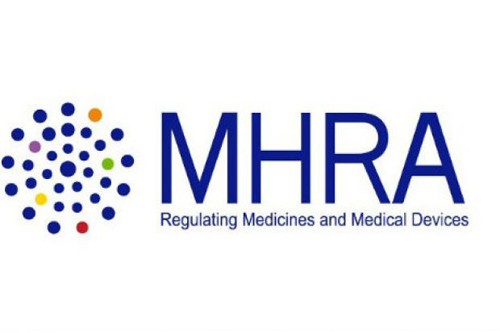
As Tuesday’s crucial Commons’ vote on the Brexit deal approaches, it’s clear that Parliament is running out of time to pass any legislation which would allow the MHRA to function in the even of a no deal Brexit.
The UK’s medicine regulator issued its plans for a no deal Brexit last week, saying it has drawn up a “robust plan to make sure [the UK’s] regulatory processes for medicines, clinical trials and medical devices are fit for purpose on exit day”.
It says it will allow the parallel import of medicinal products that hold a marketing authorisation from an EU or EEA country, along with continuing to recognise prescriptions issued in EU or EEA countries.
However the General Pharmaceutical Council (GPhC) has argued against the latter, claiming that it could put patient safety at risk as prescribers may no longer be qualified to do so in the UK after a no-deal Brexit.
To avoid further disruption, MHRA has also suggested a process of ‘grandfathering’, whereby centrally authorised products (CAPs) will be automatically converted to UK marketing authorisations.
This will be based on current UK licencing practices, but CAPs manufacturers only have until the 22 April should they decide to opt-out of this.
Also announced in the plan was a targeted assessment of new applications for new medicines or biosimilars, which have already been submitted to the EMA and received a CHMP positive opinion.
It also aims to launch a UK-based accelerated assessment system for new active substances. The EMA already has one place, whereby the CHMP will decide whether a product is of major interest for public health and therapeutic innovation. Manufacturers will then benefit from a reduced timeframe from 210 days to 150 days.
The proposals cover medical device regulations too, and the MHRA has suggested that devices that carry a CE mark will continue to be recognised by UK law for a time-limited period.
For clinical trials, the UK’s clinical trial regulatory framework will remain in place but will be subjected to slight amendments. It will also continue to recognise existing approvals eliminating the requirement to re-apply.
The proposals follow an original consultation on how medicines, medical devices and clinical trials would be regulated in a no-deal Brexit environment, but despite the outcome on March 29, the MHRA’s vision remains clear.
Dr Ian Hudson, chief executive, MHRA said: “The future of medicines and medical devices regulations is underpinned by three clear principles, that patients should not be disadvantaged, that innovators should be able to get products to the UK market as quickly and simply as possible, and that the UK continues to play a leading role promoting public health.

Dr Ian Hudson, Chief Executive Officer, MHRA
“We are committed to giving businesses and individuals as much certainty as possible, as soon as possible to make sure the UK continues to be at the forefront of regulatory innovation and processes.”
These proposals however, are just plans until they can pass parliamentary approval, but time is running out for the rafts of legislation to be passed across all sectors to allow the UK to continue functioning should it have to leave the EU with no deal.
Rebel Conservative MPs have worked with opposition MPs this week to take steps which will allow them to block a no deal, but there remain no guarantees that this won’t happen.
Foreign secretary Jeremy Hunt has warned a rejection of the deal could lead to a “Brexit paralysis”, which could see the UK remain in the EU indefinitely. However public opinion polls show most voters – whether former ‘Remain’ or ‘Leave’ voters opposed to Theresa May’s Brexit deal.
Some say this leaves a second referendum the only option remaining because of the political deadlock, however the path to this outcome remains also unclear.




